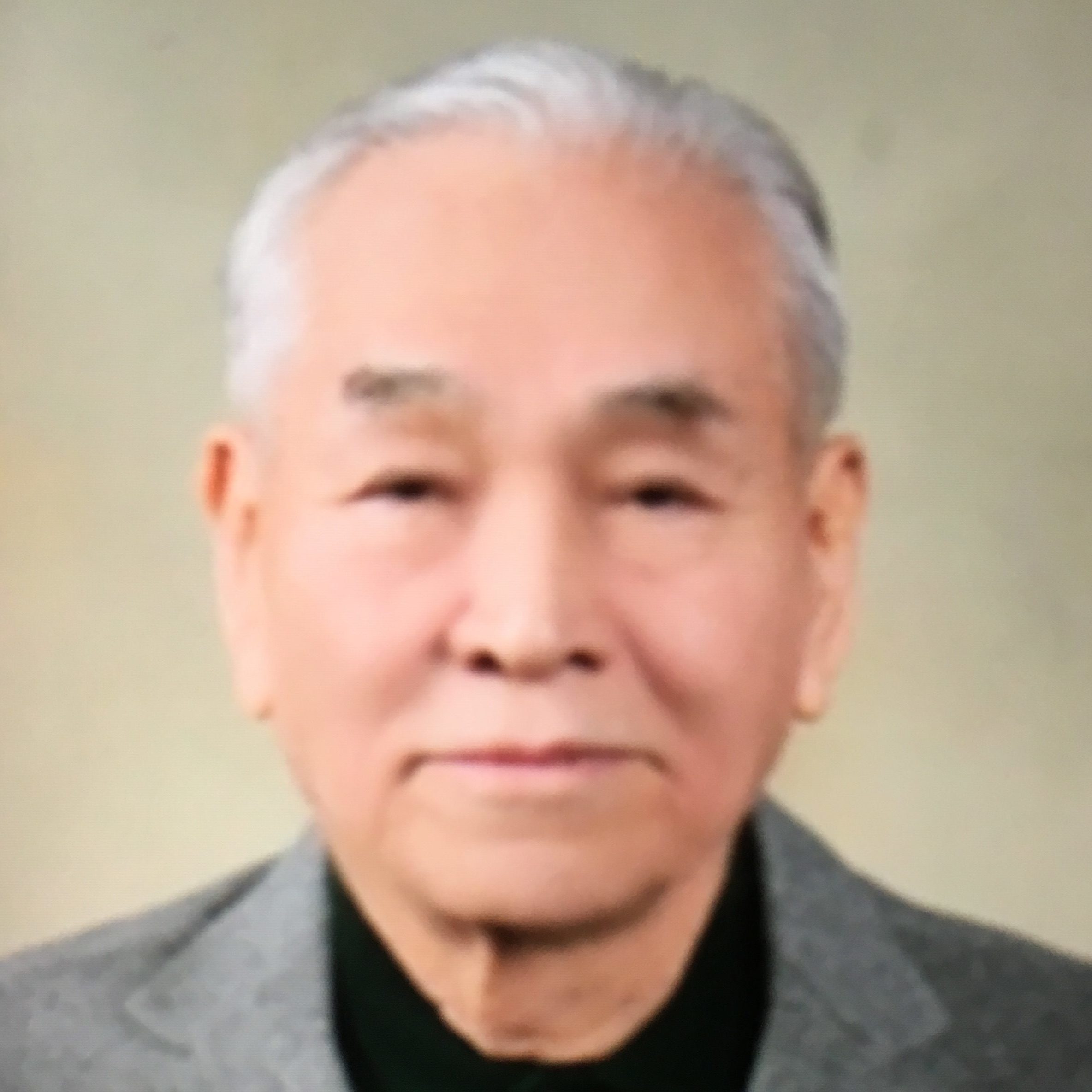Renowned International Relations Scholar Kim Yong-koo Passes Away at 88

Kim Yong-koo (김용구), an esteemed member of the Academy of Korean Studies and a prominent figure in international relations, passed away on February 23 at the age of 88. A professor emeritus at Seoul National University (서울대학교), his textbook 'World Diplomatic History' is celebrated as the first diplomatic history written from a Korean perspective.
Born in Incheon, Kim graduated from Seoul High School and later earned his degree and master's from the Department of Diplomacy at Seoul National University. Encouraged by Professor Lee Yong-hee (이용희), former Minister of Unification, he chose to pursue his doctoral studies domestically rather than abroad. He began his academic career as a full-time lecturer in 1969 and continued teaching at Seoul National University until 2002. Throughout his career, he held various positions, including Director of Student Affairs, Dean of the College of Social Sciences, President of the Korean International Relations Association, and Director of the Hallym Academy of Sciences.
In 1985, during his tenure as Director of Student Affairs, he faced government pressure to expel students involved in the U.S. Cultural Center occupation incident. He opposed this demand and instead issued a suspension, leading to his resignation from the position.
While teaching 'World Diplomatic History' in 1985, he was shocked to find students using outdated materials. This prompted him to write a comprehensive 5,500-page textbook, driven by a sense of scholarly responsibility. He also authored significant works such as 'International Law' and a five-volume series on 19th-century Korean diplomatic history. The Academy praised him for his critical approach to Eurocentric diplomatic history and his objective yet subjective research on late Joseon diplomatic theories and international relations. In recognition of his contributions, he received the Hwangjo-geunjeong Medal in 2002. He is survived by his eldest son, Kim Won-ik (김원익).
What do you think?
0 reactions





